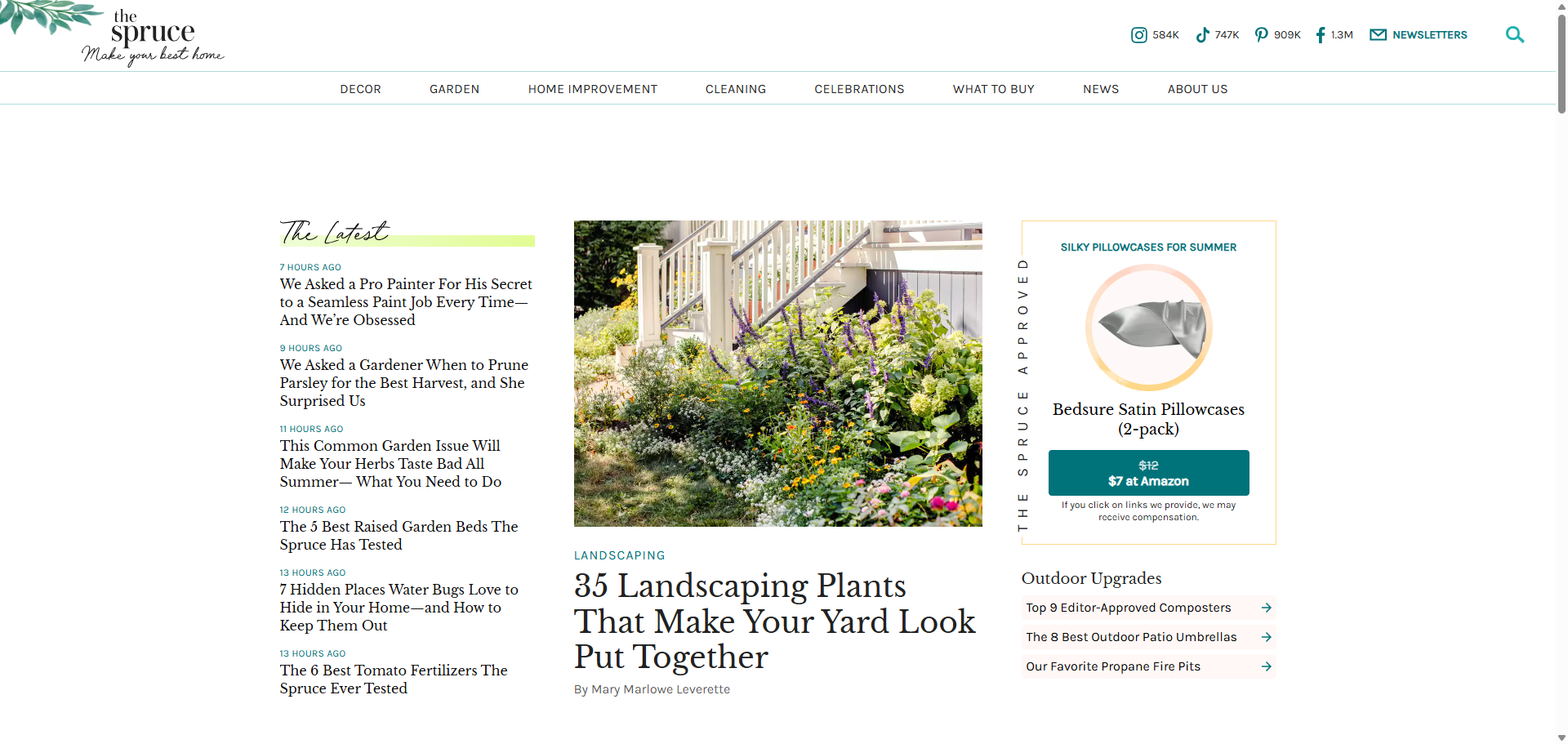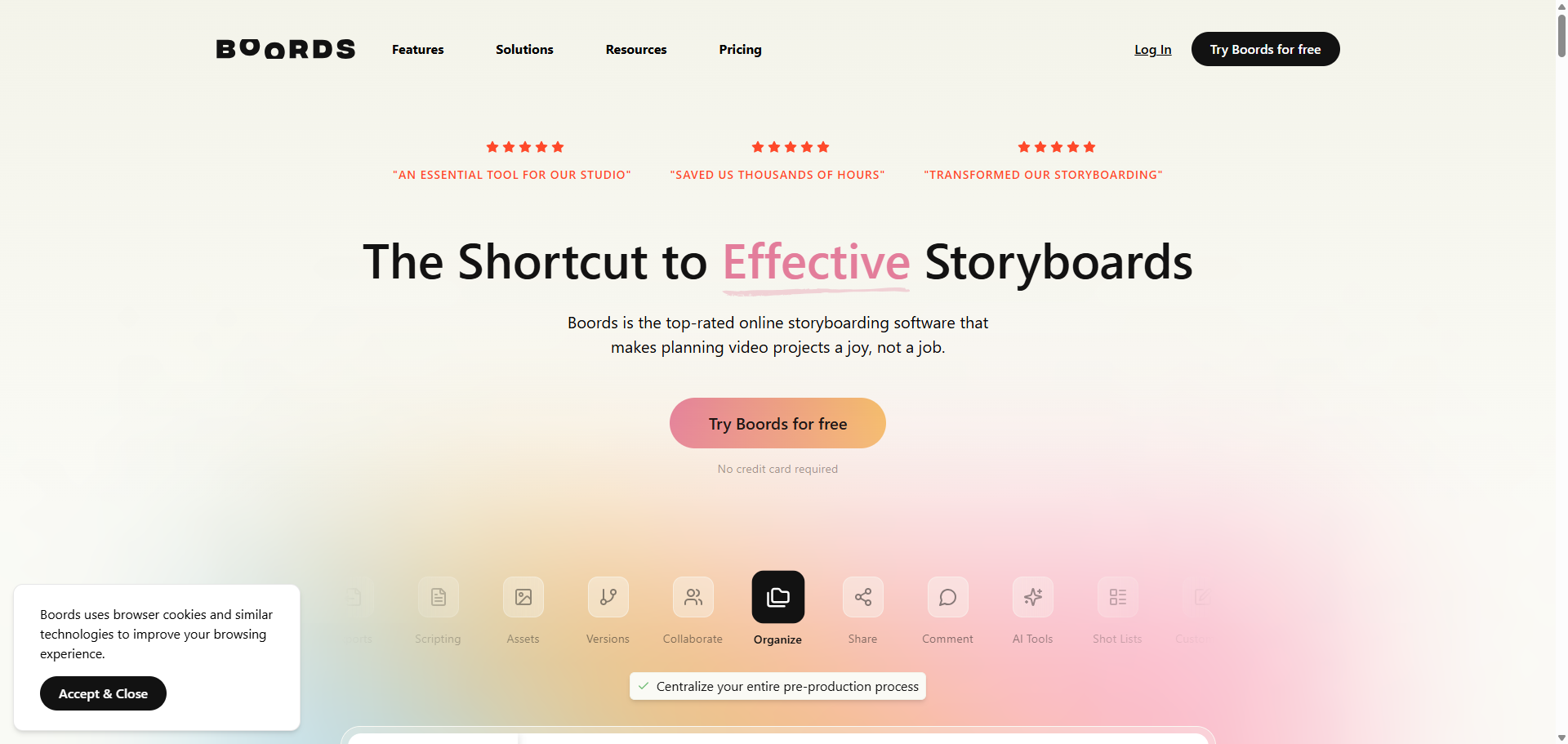2025-5-28
In the ever-evolving landscape of search engine optimization (SEO), establishing topical authority is crucial for any website aiming to achieve high search engine rankings and maximize visibility. This article delves into the tools and strategies that can help websites build and maintain their topical authority effectively.
Topical authority refers to a website's perceived expertise and trustworthiness on a specific subject. It influences Google's decision to rank websites higher in search results. By establishing topical authority, websites can enhance their credibility and improve their search engine visibility, ultimately driving more traffic and engagement.
Surfer AI is an innovative tool that significantly enhances the content creation process. It uses cutting-edge AI technology to generate comprehensive articles that align with the latest SEO guidelines. This tool saves time and effort by providing structured, optimized content that caters to both user and search engine requirements.
Internal linking is a fundamental strategy for establishing topical authority. By creating logical connections between related articles and pages, websites can ensure efficient navigation and emphasize content relevance. Backlinks improve user experience and help search engines understand content hierarchy and context.
Topical clusters play a pivotal role in showcasing a website's depth in a specific niche. This strategy involves creating a central pillar page surrounded by related subtopic pages. This structure simplifies navigation for users and helps search engines identify and rank the website for a broad set of relevant terms.
High-quality, comprehensive content is the cornerstone of topical authority. By addressing a wide range of subtopics and producing in-depth content, websites can become recognized as reliable and authoritative sources of information, thus achieving higher search engine rankings.
As AI and machine learning continue to evolve, the tools available for building topical authority will become even more sophisticated. Future advancements may include more intuitive content optimization platforms and enhanced analytical tools that provide deeper insights into content performance and engagement metrics.
While the content on your site is crucial for establishing topical authority, backlinks remain an essential component of a successful SEO strategy. A robust inbound link profile can significantly enhance your subject matter expertise, given that the linking sites are relevant to your content. Obtaining backlinks from reputable websites in related fields can transfer authority and credibility to your site, thus increasing your chances of ranking highly in search engine results pages (SERPs).

There are several strategies to generate backlinks, including creating shareable content that prompts audiences to link back naturally, participating in guest posting to exchange content with other sites, or claiming unlinked brand mentions by reaching out to webmasters.
Mindbodygreen excels in the wellness niche, covering areas like mental health, fitness, and nutrition. By using extensive internal linking and creating strong pillar pages, it effectively divides content into logical categories. This not only guides their audience through a comprehensive array of topics but also signals to search engines their authority within the wellness sector.

The Spruce focuses on home-related content, spanning decorating, gardening, and home repairs. By presenting expert advice on a wide array of home topics, it positions itself as a reliable resource. The logical content organization helps it act as a comprehensive guide for domestic issues.

Boords has established its topical authority in the storyboarding industry. Through their blog, they provide valuable resources and insights into storyboarding, linking to relevant subtopics such as script formats and storyboard examples from movies. This organized theme of content helps them capture the niche audience of video professionals.

Determining your website’s topical authority isn't straightforward, as it requires assessment across various factors. At Surfer, the measurement involves analyzing the breadth and relevance of covered keywords, their search volume, and relative ranking positions. Tracking your keyword performance gives you an indirect indicator of your site's authority.
Additionally, monitoring organic traffic growth and backlink profiles provides insights into site authority. SEO expert Kevin Indig suggests using a "Topic Share" metric, which evaluates the share of traffic your website receives from specified topics.
Establishing topical authority is a vital component of a successful SEO strategy, enabling websites to enhance their visibility, credibility, and user engagement. By leveraging innovative tools like Surfer AI, employing effective strategies such as internal linking, building topical clusters, creating comprehensive content, and securing quality backlinks, websites can solidify their expertise in their chosen niches.
Case studies from industry leaders like Mindbodygreen, The Spruce, and Boords highlight the tangible benefits of strong topical authority, demonstrating its role in driving sustained traffic and engagement. As advancements in AI and analytical tools continue to emerge, the ability to build and track topical authority will become even more precise, offering unprecedented opportunities for growth. By embracing these strategies and staying attuned to future trends, websites can ensure long-term success in the ever-competitive digital landscape.